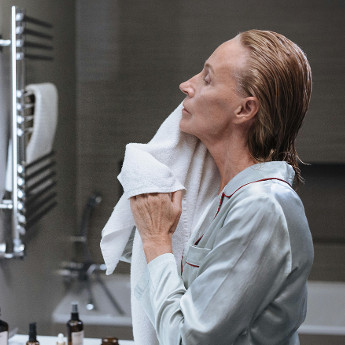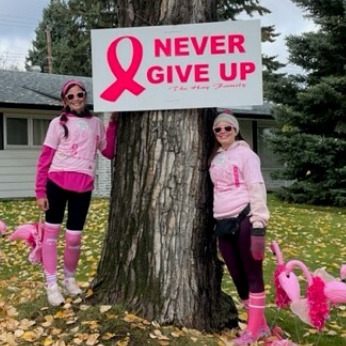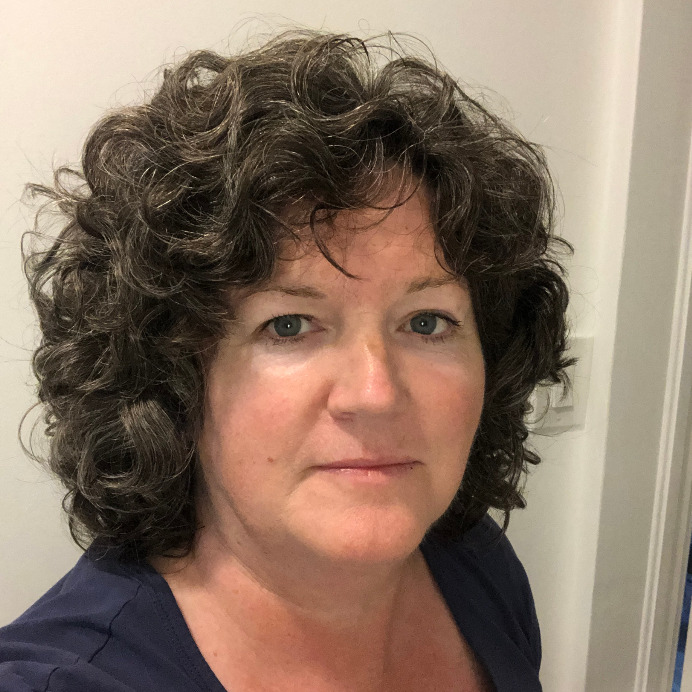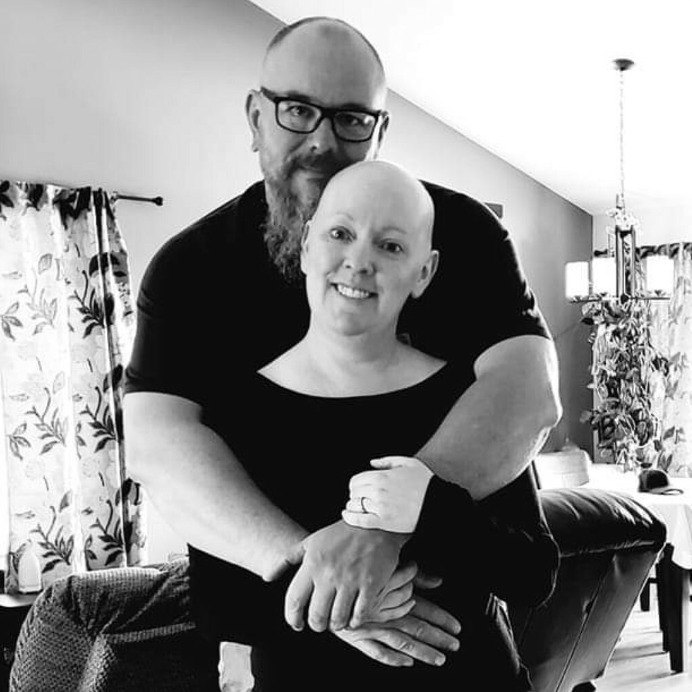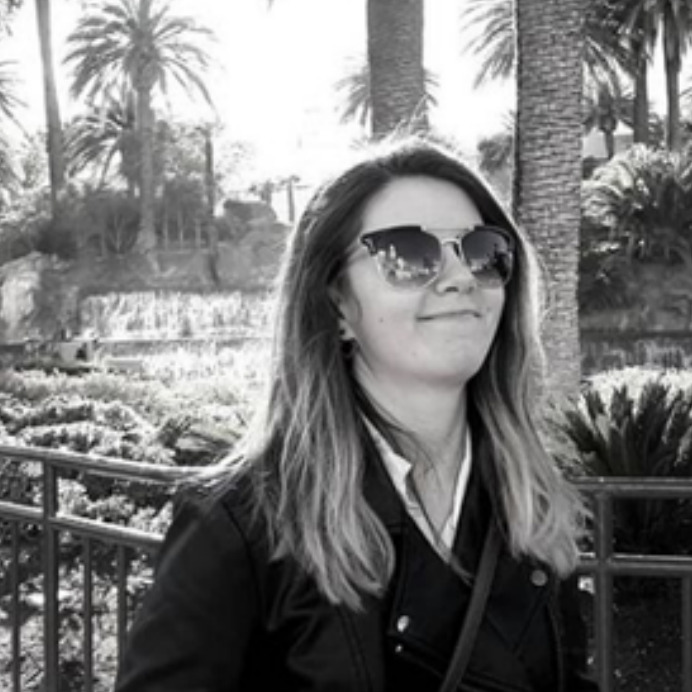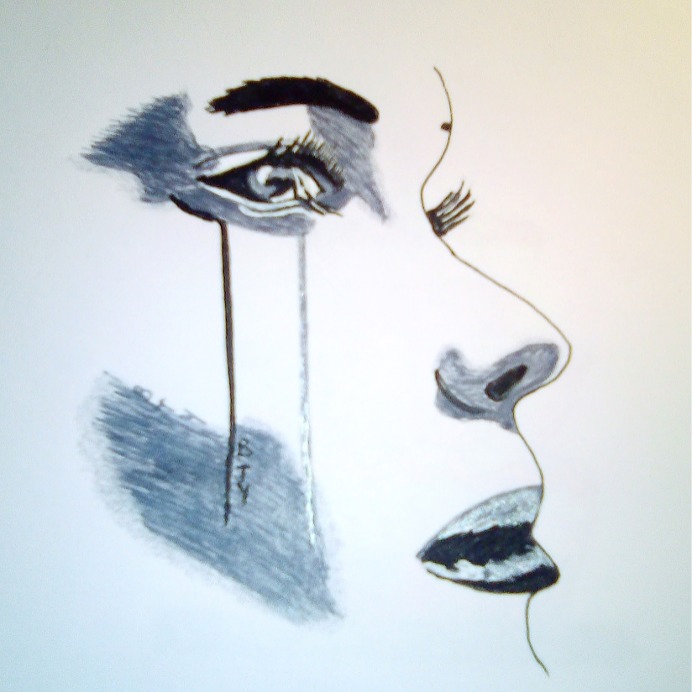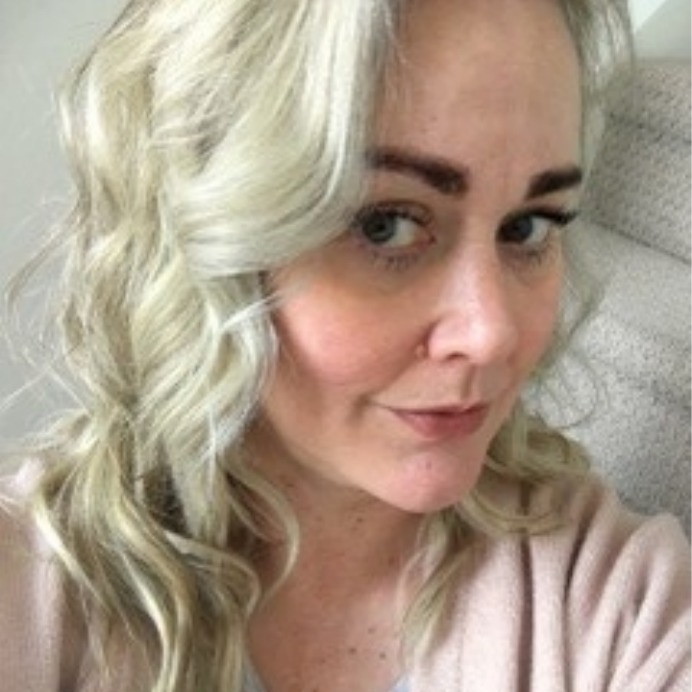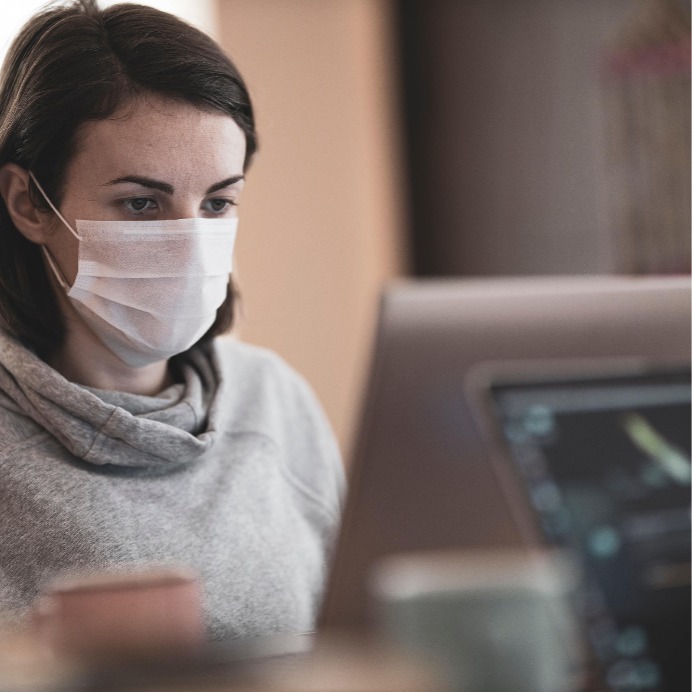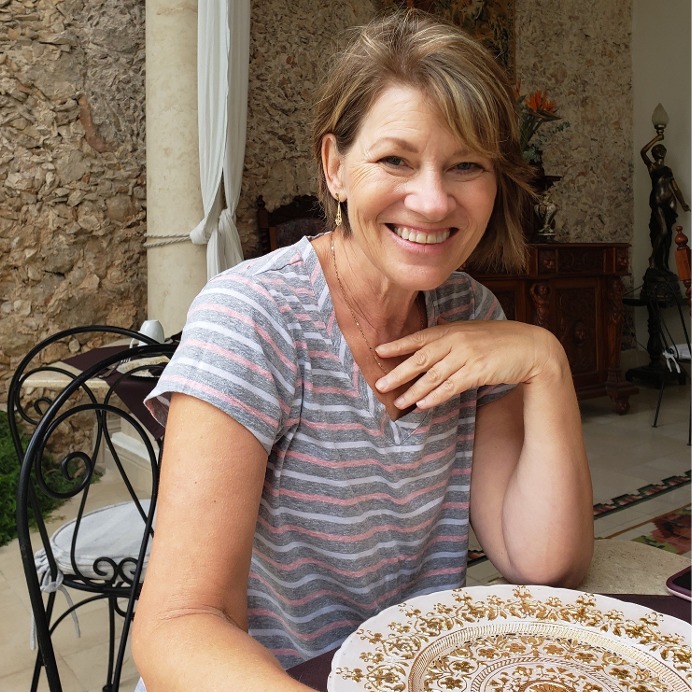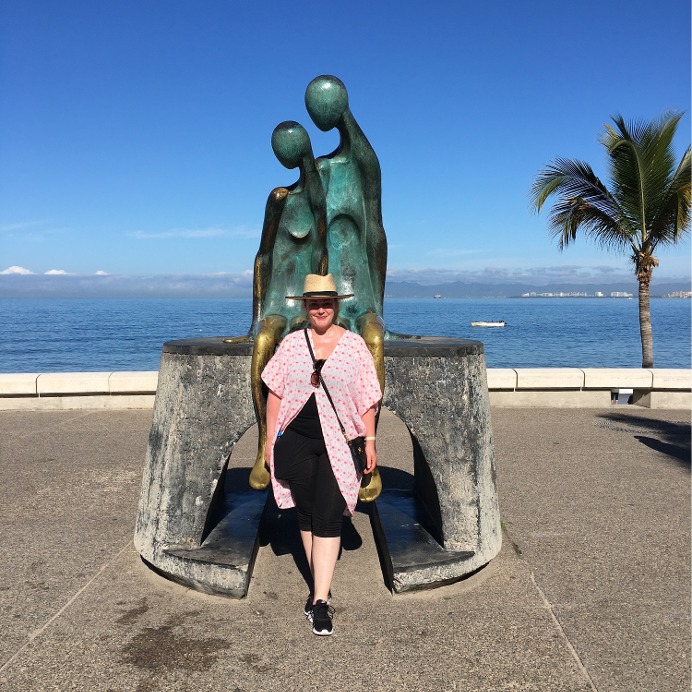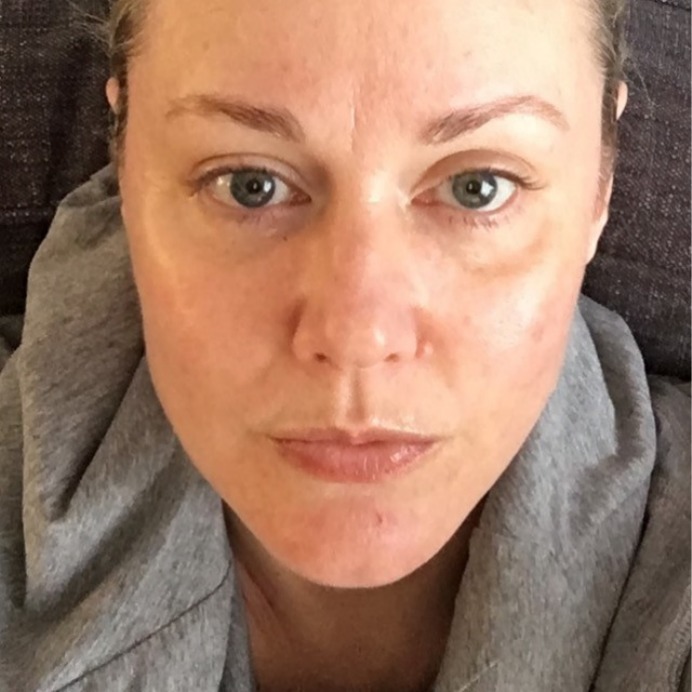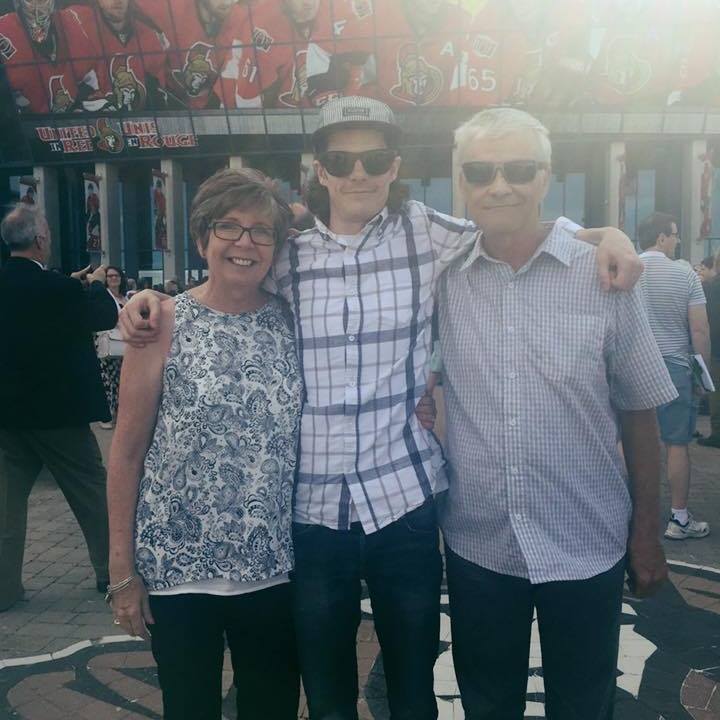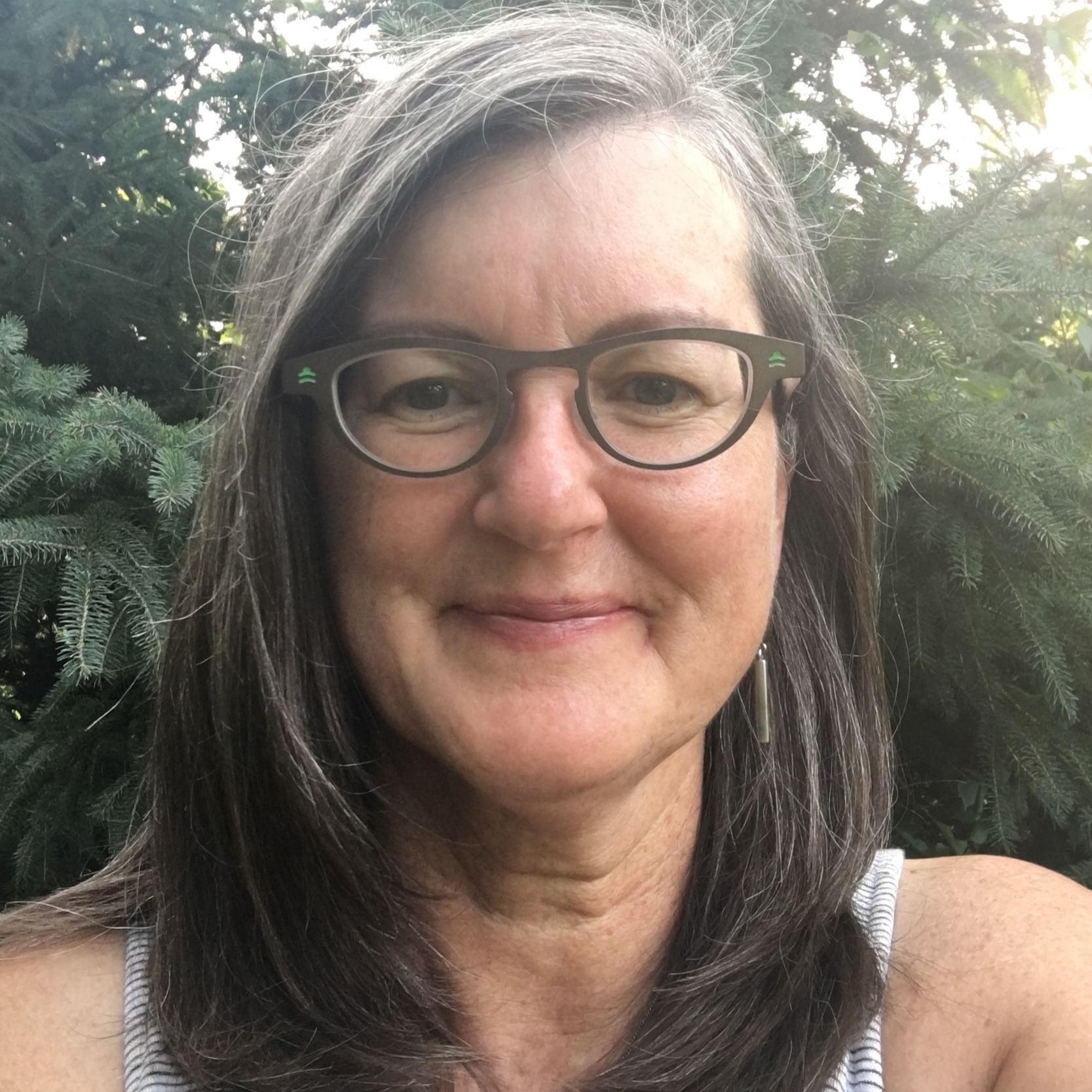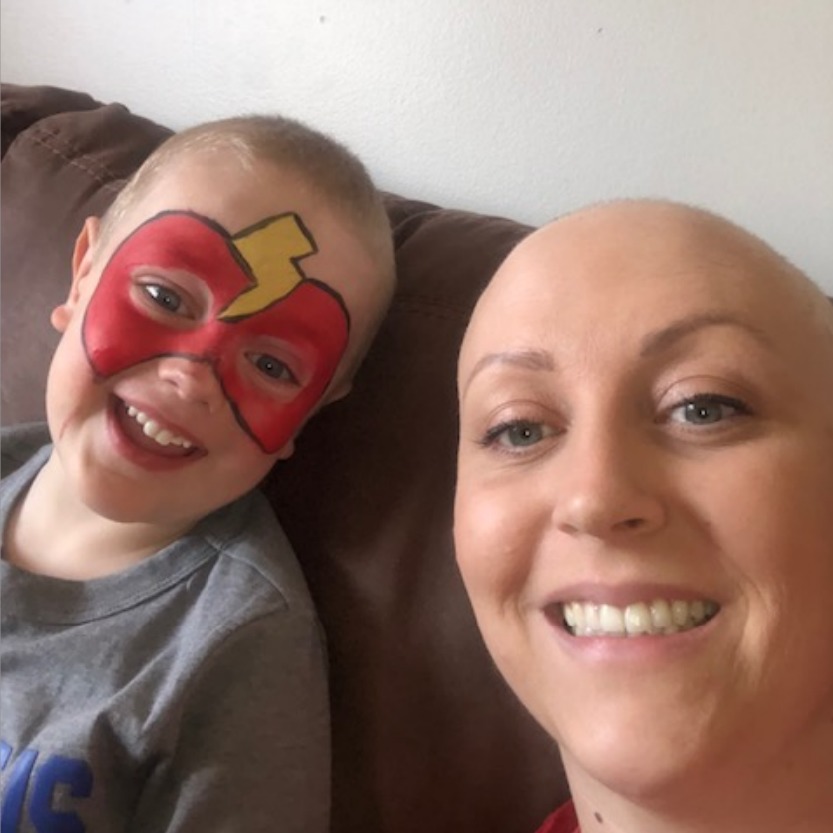By continuing to use our site, you consent to the processing of cookies, user data (location information, type and version of the OS, the type and version of the browser, the type of device and the resolution of its screen, the source of where the user came from, from which site or for what advertisement, language OS and Browser, which pages are opened and to which buttons the user presses, ip-address) for the purpose of site functioning, retargeting and statistical surveys and reviews. If you do not want your data to be processed, please leave the site.
The Voice of People With Breast Cancer
Education
Our Voices Blog
Tag : radiation
From Diagnosis to “I Do”: Finding Life After Breast Cancer
I was just 27 years old, newly engaged and planning my wedding, when I was diagnosed with HER2+ Stage 2 breast cancer. Overnight, my world shifted from picking out flowers and venues to chemotherapy appointments, surgery dates, and a treatment plan that included chemo, surgery, and radiation.
Caring for Your Skin Throughout Breast Cancer Treatment
Going through breast cancer treatment can take a toll on your skin, making it more sensitive to issues like dryness, itching, rashes, and hyperpigmentation (where skin patches become darker), to name a few. While skin problems may seem less urgent compared to serious side effects like heart complications or neutropenia, they can still greatly impact your daily life.
Latest Research from SABCS 2023 – Early Stage
CBCN had the pleasure of attending the San Antonio Breast Cancer Symposium in December. Below you’ll find the latest research for early-stage breast cancer. Watch out for the latest research on mBC.
Stronger Together: Sharing Genes and Breast Cancer Journeys
My name is Cortney Drover, and my identical twin sisters’ name is Connie Claeys. We are 37-year-old females living with Stage IV metastatic breast cancer, and being identical twins, we both carry the BRCA2 gene. Here is our story.
Memory Blank: the Stupid Side of Tamoxifen, Chemo and Radiation
Is there anyone out there who feels like I do? Like they’ve lost a part of their memory to tamoxifen, chemotherapy and/or radiation and will never get it back? If you are like me, do you ever wonder where your memory went, like, is it on the beach in Puerto Vallarta or maybe it took a sabbatical and didn’t provide a return date?
I Don’t Look Sick: My Life with MBC
I have advanced stage 4 Metastatic Breast Cancer (MBC). MBC is when breast cancer has spread to other parts of the body. Typically, it spreads to the bones, liver, lungs, and brain. There is currently no cure for MBC but there is treatment, and some women can live for many years.
For the Newly Diagnosed: Part 2
A cancer diagnosis comes with many questions. While some of those questions can be answered by your healthcare team, many others cannot. That’s why we have put together this “For the Newly Diagnosed’ two-part series; to help patients who have been newly and recently diagnosed get the answers to their most pressing questions that may not be easily answerable. This series is also meant to help patients get ready for and be aware of challenges they may face in the upcoming months.
Radiation Prep. Three Tips You Need to Help You Feel in Control and to Support Yourself
Having radiation treatment is something you can never truly be emotionally ready for. At least I wasn’t. The doctors shared the basic need-to-know information, but the rest felt vague, unknown and definitely out of my control. Of course I Googled radiation treatment and what to expect, but again, something was missing. Where was the insider insight I desperately wanted? Rationally, I knew there would never be a guide tailored to my breast cancer experience, everyone experiences it differently as treatment is unique to your cancer and your body. But after the surgery, after I was told I had Stage 1 cancer, after my lump was sent to California for Oncotype DX testing to determine whether or not it would spread, have the likelihood of a recurrence and what my best treatment plan should be, it was my turn. And I always wished there was a checklist I could refer to or a step-by-step action plan I could walk to make my journey into the unknown a little better. There wasn’t, so I’m sharing what I’ve learned along the way so that if you need this insight or know someone else who may, it is here for you.
Just Breathe
I was diagnosed in December 2019 at the age of 47. I was healthy, happy and at the height of my career. Just as I said to my husband of 25 years “Life just can’t get any better”, our world came to a grinding halt - “you have breast cancer”.
Being Diagnosed with Breast Cancer During a Pandemic
My name is Katharina and I was diagnosed with stage 2a breast cancer in March 2020 just when the pandemic was starting. I was 25 years old at the time. I had to go through testing and treatment alone without any support person by my side.
Three Sisters Fighting Cancer Together
I am a 51-year-old woman from the Loire Valley. I live near Orléans, 120 kilometres south of Paris. I grew up surrounded by women. I am the youngest of five sisters; twenty years separate me from my oldest sister and ten years separate me from the fourth one. Our mother received her breast cancer diagnosis in 1985 and at the time, cancer care was awful. My father died from a cardiac arrest in July 1986, probably caused by grief. My mother was brave and fought as much as she could, but she passed away in May of 1989 when I was 20 years old. Because of her breast cancer diagnosis, my sisters and I have closely monitored our risk of developing breast cancer.
Have Hair, Do Care
Breast cancer made my hair thicker. And wavy-er. Not right away obviously. It’s not like it was a special prize I was gifted with to make up for the shock and fear of being diagnosed with breast cancer.
The Impact of COVID-19 on Breast Cancer Patients Part 2: Impact of Your Cancer Treatment and Management on Your Immune System
The risk of a COVID-19 diagnosis for breast cancer patients is still not completely known. Studies have come that show that cancer patients are more at risk of adverse effects if they develop COVID-19. However, a few studies state that compared to other cancer patients, breast cancer patients are at a lower risk of serious illness. The stage of breast cancer also seems to play a role in one’s risk level.
Life’s Journey
I would have never thought that I would be telling my story to a large group of people but today I consider it an honour.
Tamoxifen. It’s Saving My Life, But it’s Killing My Self-esteem
I could cry writing this. Or maybe screaming for five minutes into a pillow so my neighbours don’t hear me would feel better. The walls in my condo aren’t that thick. Either way, my reality’s not changing any time soon. And by reality, I mean my body and the extra weight it has been lugging around since I started taking Tamoxifen a year ago.
How Breast Cancer Prepared Me For COVID-19
Breast cancer prepared me for COVID. Actually, if I want to be really accurate, radiation prepared me for it and almost everything else that has come courtesy of the global pandemic.
Getting Through Hair Loss Following a Breast Cancer Diagnosis
Hair loss is something that some women who are diagnosed with breast cancer face. Hair can be a huge part of a person’s identity, especially for a woman. The way your hair looks can communicate a lot to others about the type of person you are. Therefore, it’s understandable that losing your hair following a breast cancer diagnosis can add distress to an already devastating situation. In order to bring some relief and sense of control should you have to deal with hair loss, we outline why and when hair loss occurs as well as things that you can do to get through it.
Care giving and care receiving
We all, at some point, need to take on the role of caregiver. For some of us, that time coincides with us needing care as well. At a time when my husband was recovering from heart surgery and anticipating a kidney transplant, where I was to be his donor, I was diagnosed with breast cancer. My surgery was scheduled quickly, and I was spared the ordeal and trauma of radiation and chemotherapy, which I am forever grateful for. However, the emotional toll it took was immeasurable.
Living with inflammatory breast cancer
In August 2014 I found a lump in my left breast. This is unusual for inflammatory breast cancer (IBC), a rare and very aggressive cancer where cancer blocks the lymph vessels.
The innocence of a toddler and the reality of cancer
It was just another typical morning in our house, trying to get my son fed and dressed before I take him to daycare. As I am multitasking, getting myself dressed and making sure my son is actually brushing his teeth, I notice he’s watching me. He’s still trying to process those two large scars across my chest. The incisions are still fresh and slowly healing and turning to scars. Scars that represent where my breasts once were but now is just an empty space. He finally pipes up. “When are your boobies going to grow back, Mommy?” He asks so innocently.


